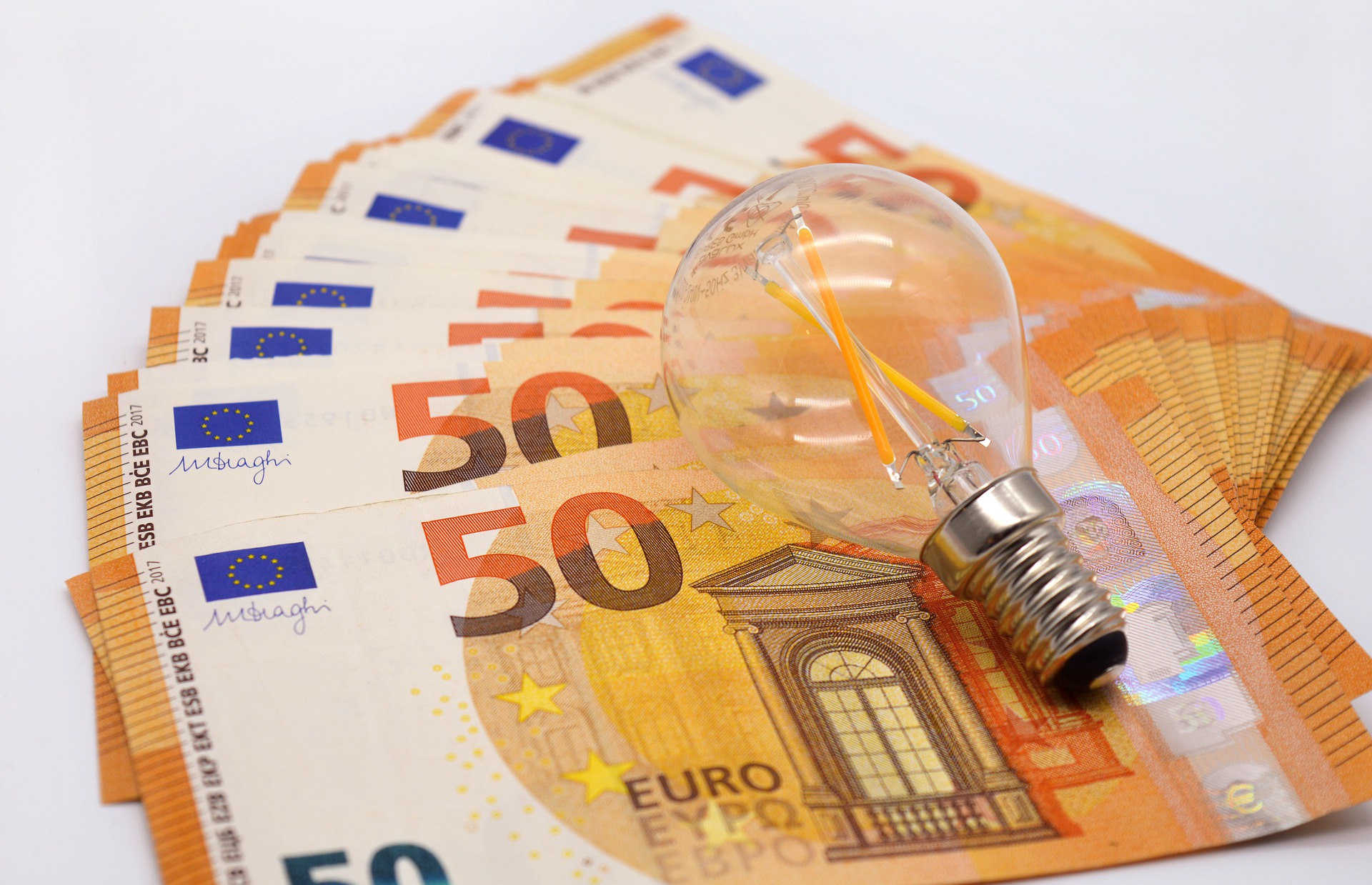
Electricity: How the extraordinary tax on nat. gas made Greece more expensive in the EU
Increase in electricity imports from more expensive gas plants
Spotlight
-

Χώρες της ΕΕ «αδειάζουν» τον Νετανιάχου – Γαλλία, Βέλγιο και Σλοβενία υπέρ του εντάλματος σύλληψης
-

«Παιχνίδια» από τη νέα πρόεδρο της Βόρειας Μακεδονίας με την ονομασία της χώρας
-

Η θητεία του Ζελένσκι έληξε, η Ρωσία δεν συζητά μαζί του, ο ίδιος δρα ως εν ενεργεία πρόεδρος
-

«Δεν σε ξεχνώ ούτε μια μέρα μπαμπάκα» - Συγκινεί η Ναταλία Γερμανού
A large increase in the cost of electricity generation at domestic natural gas plants caused an extraordinary levy to be imposed on November 1, 2022.
The fee in question concerns a surcharge of 10 euros per Megawatt hour, which was imposed on the prices of the quantities of natural gas purchased by power producers. The argument for the imposition by the Ministry of Environment and Energy was to reduce fuel consumption. But also to collect more money in the Energy Transition Fund for subsidizing electricity bills.
The charge
As the electricity producers had pointed out at the time, the imposition of the extraordinary levy on gas – it is noted that at that time the TTF was at 120 to 130 euros/MWh – meant a surcharge of around 20 euros/MWh on electricity prices. The 10 euros/MWh, on the TTF price, corresponded to approximately 8%.
In order to avoid buying expensive TTF natural gas, power producers had turned to buying bulk LNG for their plants, which was then offered at a discount to the same fuel transported by pipeline.
The increase in imports
According to data processed by OT, as TTF prices decrease, reaching levels of 58 and 60 euros/MWh since the beginning of January, the extraordinary levy of 10 euros/MWh burdens electricity producers more. And this as it corresponds to approximately 14% to 15% of the price they buy the gas at. The offered quantities of LNG now have a premium and not a discount, as reported to OT by market players. So the alternative of using other sources of supply of the fuel are almost nil.
Pricey wholesale
The increase of the burden on domestic power producers, despite the drop in the price of TTF natural gas, had the effect, especially in the last 20 days, that their units became more expensive than those of factories in neighboring countries.
Thus, the algorithm in the Energy Exchange prioritized the quantities of electricity imported over those produced on the Greek market.
It is typical, according to the research carried out by OT, that the share of imports in the domestic electricity generation mix ranges from 20% to 40% in the last 20 days when throughout 2022 imports stood only at 8%. On the contrary, the share of Greek power generation units fell to 10% to 30% when in 2022 it was 39%.
As market players report to OT, the power plants of the neighboring markets are of older technology, with lower efficiencies and more polluting compared to domestic modern plants. However, the latter are more expensive by 20 euros/MWh.
Overall, the extraordinary levy increases all the costs of the wholesale electricity market in Greece regardless of whether the price is set by the domestic natural gas units, because of the effect of the extraordinary levy.
The result is that, on average, Greece has the most expensive electricity in the EU over the last 20 days. with 239.98 euros/MWh, when in Bulgaria it is 209.27 euros/MWh. In Serbia 208.04 euros/MWh, in Italy 239 euros/MWh and so on.
Ακολουθήστε το in.gr στο Google News και μάθετε πρώτοι όλες τις ειδήσεις

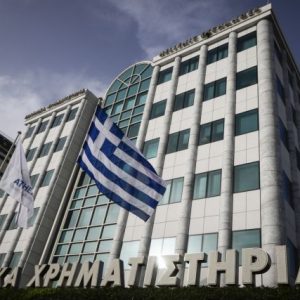

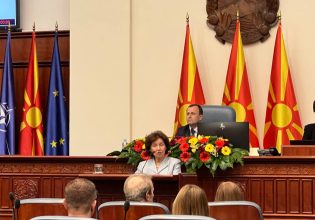






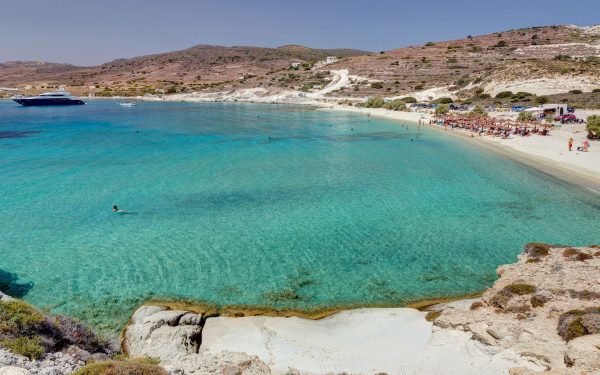
![Kαθαρή ενέργεια: Ανεβαίνει ο λογαριασμός – Απαιτούνται επιπλέον 34 τρισ. δολάρια [γραφήματα]](https://www.ot.gr/wp-content/uploads/2023/11/climate-change-8279041_1280-300x300.png)











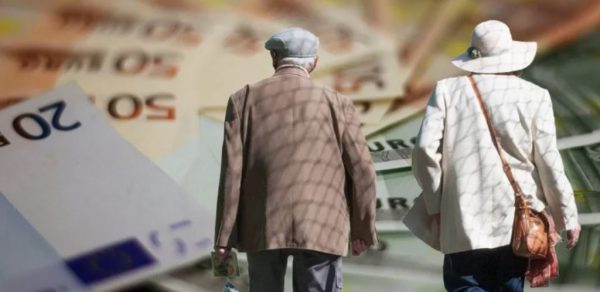





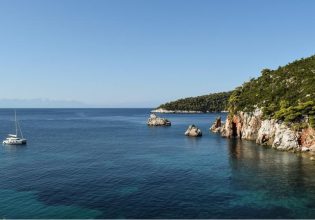














 Αριθμός Πιστοποίησης Μ.Η.Τ.232442
Αριθμός Πιστοποίησης Μ.Η.Τ.232442